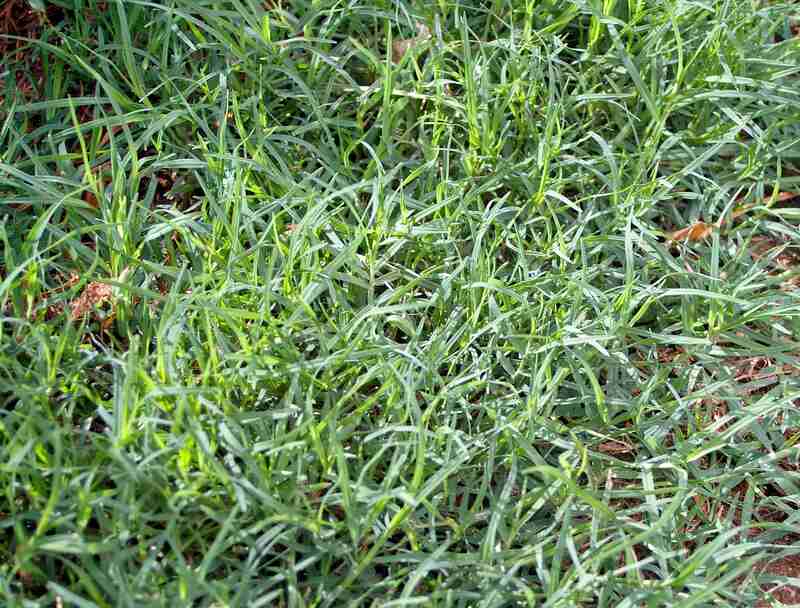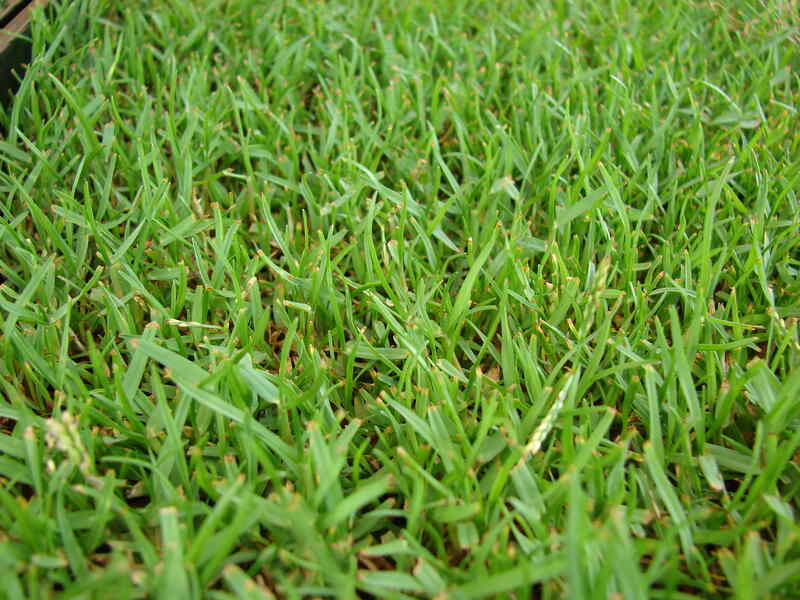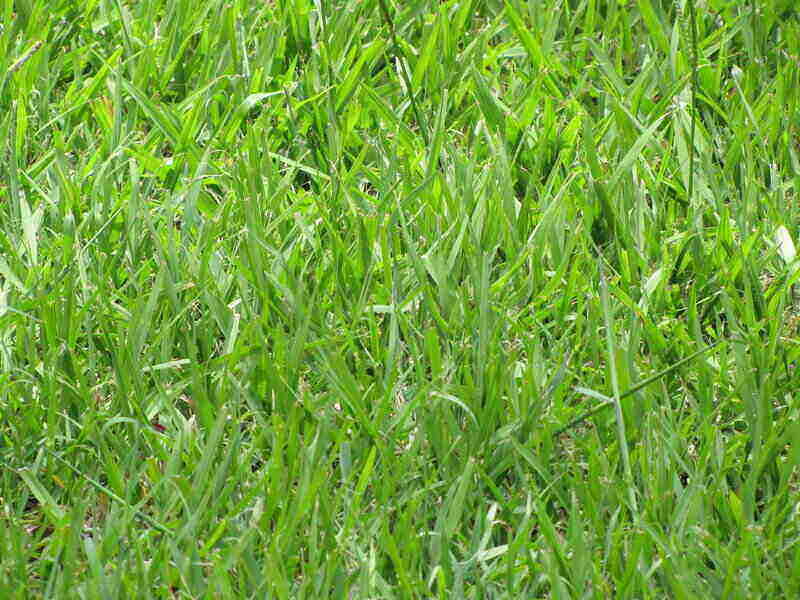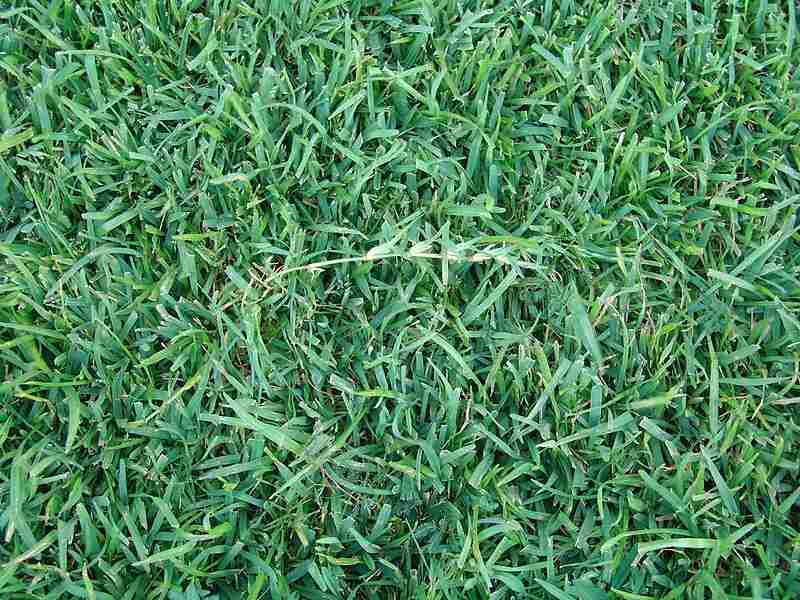4 Best Grass Types for Birmingham, AL
BY MICHELLE SELZER | APRIL 17TH, 2023 | ALABAMA, BIRMINGHAM, LAWN CAREBirmingham is nicknamed the “Magic City” because of its magic soil, which contains everything you need to make iron. However, Birmingham homeowners want their soil to do a different magic trick — grow a pristine lawn full of lush green grass. Fortunately, the loamy soil contains all the magic needed to support the best grass types for Birmingham, AL.
In this article:
Warm-Season vs. Cool-Season Grasses
When choosing a grass type, it is essential to consider your grass zone. For example, Birmingham is in the warm-season grass zone but is very close to the transitional zone. That means warm- and cool-season grass can grow in Birmingham, but warm-season grass has the advantage.
Warm-season grass flourishes in the heat, reaching peak growth in the spring and summer and typically going dormant in the winter. On the other hand, cool-season grass prefers moderate temperatures and peaks in the spring and fall. As a result, many cool-season grass varieties go dormant in both summer and winter.
4 Warm-Season Grasses for Birmingham
Long hot summers and mild winters make Birmingham’s climate best for warm-season grass. So we researched and selected the best warm-season grasses for Birmingham’s climate and soil.
1. Bermudagrass

Photo Credit: Bidgee / Wikimedia Commons / CC BY-SA 3.0
Bermudagrass rapidly establishes dense, dark green lawns making it Alabama’s most popular turfgrass. Furthermore, its resilience and high foot traffic tolerance make it the most popular choice for athletic fields. It grows best from April to October when temperatures exceed 75 degrees Fahrenheit.
Unfortunately, bermudagrass requires a lot of maintenance, such as frequent mowing, fertilization, and dethatching. Although it is prone to insect damage, proper lawn care will keep pests out of your lawn. Consider cold-tolerant cultivars such as Yukon bermudagrass to ensure your lawn can withstand a harsh winter.
Classification: Warm-season grass
Spreads by: Stolons and rhizomes
Shade tolerance: Low; thrives in full sun
Drought tolerance: High
Foot traffic tolerance: High
Maintenance needs: Needs frequent mowing due to fast growth rate; develops thatch easily; needs regular fertilization
Mowing height: Set the mowing height between 0.5 and 1.5 inches for hybrid bermudagrass cultivars. Mow common bermudagrass down to 1.5 to 2.5 inches.
Potential for disease: Good resistance to disease, although diseases are common; low resistance to insects
Soil pH: 6-6.5
Soil type: Tolerates most soil types
Other notes: Bermudagrass requires more fertilization than most Alabama turf. Therefore, conduct a soil test every year or two to ensure you provide enough nitrogen and lime for the lawn. Avoid burning the grass by using a fertilizer that contains no more than one pound of nitrogen per 1,000 square feet.
2. Zoysiagrass

Photo Credit: Forest and Kim Starr / Flickr / CC BY 2.0
Zoysiagrass grass is a cold-tolerant warm-season grass that flourishes in Birmingham. Although it grows densely in our climate, zoysiagrass also grows slowly, requiring less mowing than bermudagrass. Additionally, Zoysia is tolerant to shade, whereas bermuda needs full sun.
Zoysia japonica is the most popular variety of Zoysia grass found in Alabama, and many homeowners choose Meyer Zoysiagrass (also called Z-52), an upgraded version of zoysia japonica. It is highly tolerant to cold weather and grows lush dark green lawns.
Classification: Warm-season grass
Spreads by: Stolons and rhizomes
Shade tolerance: Moderate
Drought tolerance: Moderate
Foot traffic tolerance: High, but recovers slowly from damage
Maintenance needs: Low nitrogen fertilization requirements, although, it’s prone to thatch build-up.
Mowing height: Set mowing height between 1 and 2 inches.
Potential for disease: Good disease tolerance overall, but may get dollar spot or brown patch fungus
Soil pH: 6-6.5
Soil type: Well-draining, some cultivars more tolerant of a wide range of soils than others
Other notes: Zoysia has good tolerance to herbicides and pesticides.
3. Bahiagrass

Photo Credit: Forest and Kim Starr / Flickr / CC BY 2.0
Alabama has about one million acres of bahiagrass, and although much of it is for grazing, it’s also popular as turf grass. Its deep root system allows bahia to pull more water and nutrients from the soil than most grass types, making it ideal for Alabamians looking for low-maintenance turf. It doesn’t require much fertilizer or water, and its coarse blades resist most insects and diseases.
Classification: Warm-season grass
Spreads by: Stolons
Shade tolerance: Low, but more shade-tolerant than bermudagrass.
Drought tolerance: Moderate
Foot traffic tolerance: Low
Maintenance needs: Low fertility requirements. Expect frequent mowing.
Mowing height: Ideal grass height is 3 to 4 inches.
Potential for disease: Good resistance to disease and insect infestations
Soil pH: 5.5 to 6.5
Soil type: Performs well in sandy loam soils, but tolerates a wide range of soils, including soils with low fertility.
Other notes: You can plant bahiagrass from seeds or sod, but the lawn will establish much quicker with sod.
4. Centipedegrass

Photo Credit: James Becwar / Wikimedia Commons / CC0
Centipedegrass thrives in Birmingham’s hot and humid subtropical climate. Although centipedegrass looks similar to St. Augustinegrass, it is distinguishable by its fine blades and pointed tips. The main advantages of centipedegrass are its high adaptability to just about any soil and its tolerance to shade and drought.
However, centipede has a low cold tolerance, so many Alabamans use TifBlair, a cultivar that tolerates colder temperatures than traditional centipedegrass.
Classification: Warm-season grass
Spreads by: Stolons
Shade tolerance: Moderate
Drought tolerance: Low
Foot traffic tolerance: Low
Maintenance needs: Low fertilizer requirements. Requires weekly mowing.
Mowing height: Set mowing height between 1 and 2 inches.
Potential for disease: Common diseases include brown patch, leaf spot, and Pythium root rot.
Soil pH: 5-6
Soil type: Thrives in wet, poorly drained sandy soils with low fertility
Other notes: Because centipedegrass is very sensitive to cold, the grass may discolor or die during a harsh winter. Regularly mow your lawn to its recommended height and avoid over-fertilizing to prevent winter illness. Also, be careful of herbicides and pesticides that may weaken the grass.
FAQ About Birmingham Grass Types
Although warm-season grass is recommended for central Alabama lawns, there are a couple of cool-season grasses that can withstand our steamy summers:
● Tall fescue thrives in our cool winters and is heat tolerant enough to survive the summer, making it the best cool-season grass for Birmingham lawns. Overseeding in late fall helps tall fescue stay dense through the summer.
● Perennial ryegrass is another cool-season grass that can tolerate heat. Although it can endure a typical summer, extended heat waves with temperatures above 100 degrees Fahrenheit can kill the grass.
Invasive Cogongrass is a problem in Birmingham and throughout most of Alabama, but you can control the invasion using the following tips:
● Don’t hand-pull Cogongrass because its razor-sharp leaves and sprouts can seriously hurt you. In addition, hand-pulling isn’t effective because it is extremely difficult to remove its rhizomes altogether.
● Herbicides, such as glyphosate and imazapyr, effectively kill the plant, but it takes multiple applications to get the job done. The best time to apply herbicide is from late summer until early fall.
● Tillage can help control Cogongrass if you repeat the process whenever new growth emerges. However, infrequent tilling can make the infestation worse.
If your lawn loses its deep green color, it probably needs more nourishment. Nitrogen and iron deficiencies often turn grass light green or yellow. Conduct a soil test, then use an appropriate fertilizer to restore your lawn.
Choosing Plant and Grass Varieties for Your Birmingham Landscape
When choosing plants for your Birmingham yard, please consider the following:
- Sun exposure: If you have a lot of trees, consider shade tolerant grass and plants. Tall fescue and zoysiagrass are best for shady yards in Alabama.
- Outdoor activities: If you play a lot of sports or have a lot of social gatherings on the lawn, you should select grass that tolerates high foot traffic. Bermudagrass is common on athletic fields and golf courses.
- Maintenance: If you don’t want to spend a lot of time working in the yard, consider low-maintenance landscaping ideas for Birmingham, AL.
- Native plants: Consider the best native plants for Birmingham, AL, because they are low-maintenance and fantastic for our local ecosystem.
- Landscape design: Landscape designers use color, texture, and proportions to design an aesthetically appealing landscape that provokes specific moods and feelings.
The secret to maintaining a pristine lawn in Birmingham is to hire a professional. An experienced lawn care pro in Birmingham knows what it takes to sustain lush terrain, so they can do the heavy lifting for you. As a result, your lawn will be healthy, and you’ll have extra time to enjoy Railroad Park or Vulcan Walking Trail.
Main Image Credit: Sharon Phelan Evans / Wikimedia Commons / CC BY-SA 3.0